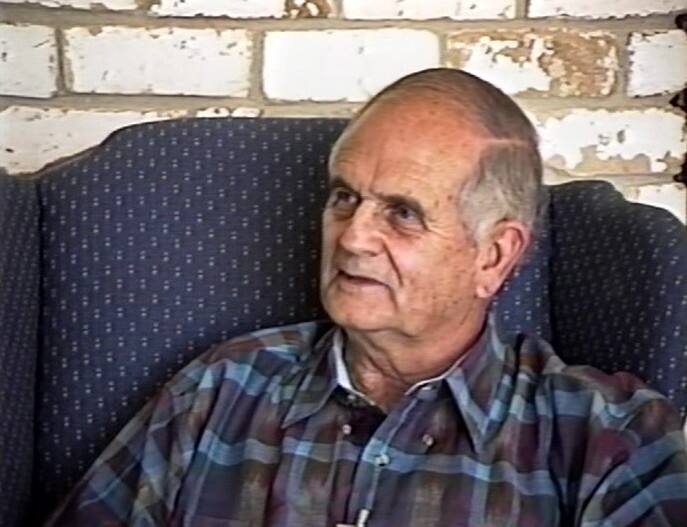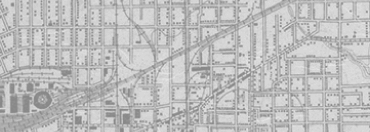


Back
C. Judson Shook Oral History
Videotaped oral history interview with C. Judson Shook. Former Director of Public Works for Dallas County, Shook played a crucial role in preserving the former Texas School Book Depository building in the 1970s when some local community leaders suggested tearing it down. He arranged for Dallas County to purchase the structure in a 1977 Dallas County bond election. Prior to his retirement from Dallas County in 1981, Shook participated in the early development of an exhibition on the sixth floor of the Book Depository. Interview conducted at Colonel Shook's home on August 13, 1992 by Wes Wise with Bob Porter. The interview is one hour and eighteen minutes long.
C. Judson Shook Oral History
08/13/1992
Hi-8 videotape
78 Minutes
Oral History Collection/The Sixth Floor Museum at Dealey Plaza
1992.009.0006
Mr. Shook passed away in April 2010. His efforts to save the Texas School Book Depository building were formally recognized in 1979, when the Texas Historical Commission gave him the John Neely Bryan Award, an annual prize for an individual who has made a significant contribution to preserving Dallas County history. In her oral history, Lindalyn Adams, who spearheaded The Sixth Floor exhibition project for twelve years, remarked, "No one can ever give enough credit to Judson Shook for this whole project, because if it hadn't been for Judson, the county wouldn't have purchased the building. I'm convinced of that." - Stephen Fagin, Curator
Mr. Shook's concern for the future of the Texas School Book Depository building came about while staring out his office window in the county Records Building overlooking Dealey Plaza. Day after day, and at all possible hours, he observed people arriving and walking around the Plaza apparently trying to make sense of what happened at that historic location. While he wasn't sure what needed to be done, the realization that the site was important to many, many people had a profound impact on the man. - Gary Mack, Curator

C. Judson Shook Oral History
Videotaped oral history interview with C. Judson Shook. Former Director of Public Works for Dallas County, Shook played a crucial role in preserving the former Texas School Book Depository building in the 1970s when some local community leaders suggested tearing it down. He arranged for Dallas County to purchase the structure in a 1977 Dallas County bond election. Prior to his retirement from Dallas County in 1981, Shook participated in the early development of an exhibition on the sixth floor of the Book Depository. Interview conducted at Colonel Shook's home on August 13, 1992 by Wes Wise with Bob Porter. The interview is one hour and eighteen minutes long.
C. Judson Shook Oral History
08/13/1992
Public officials
Oral histories
Shook, C. Judson
Dallas County Public Works
Texas School Book Depository
Dallas County
Dallas
Community Leaders (OHC)
History of 411 Elm Street and The Sixth Floor Museum (OHC)
Hi-8 videotape
78 Minutes
Oral History Collection/The Sixth Floor Museum at Dealey Plaza
1992.009.0006
Mr. Shook passed away in April 2010. His efforts to save the Texas School Book Depository building were formally recognized in 1979, when the Texas Historical Commission gave him the John Neely Bryan Award, an annual prize for an individual who has made a significant contribution to preserving Dallas County history. In her oral history, Lindalyn Adams, who spearheaded The Sixth Floor exhibition project for twelve years, remarked, "No one can ever give enough credit to Judson Shook for this whole project, because if it hadn't been for Judson, the county wouldn't have purchased the building. I'm convinced of that." - Stephen Fagin, Curator
Mr. Shook's concern for the future of the Texas School Book Depository building came about while staring out his office window in the county Records Building overlooking Dealey Plaza. Day after day, and at all possible hours, he observed people arriving and walking around the Plaza apparently trying to make sense of what happened at that historic location. While he wasn't sure what needed to be done, the realization that the site was important to many, many people had a profound impact on the man. - Gary Mack, Curator










